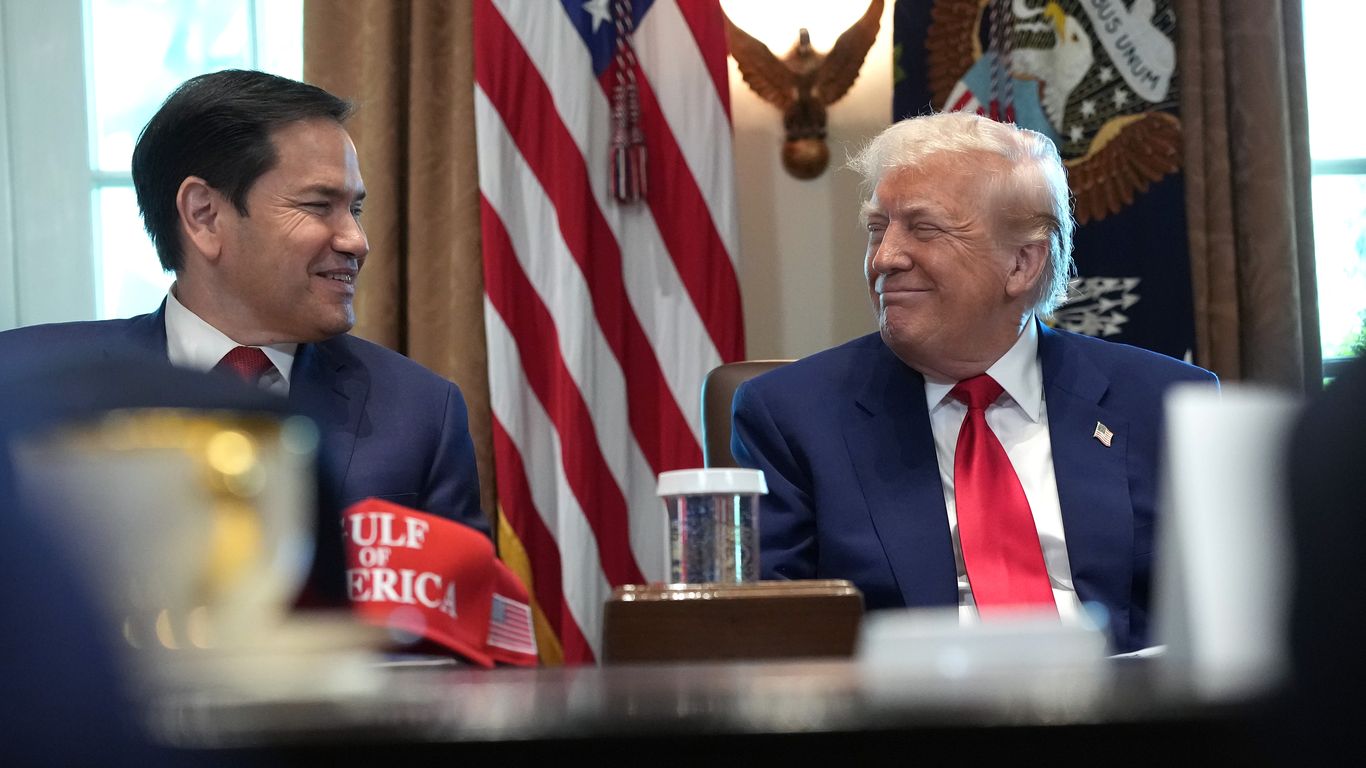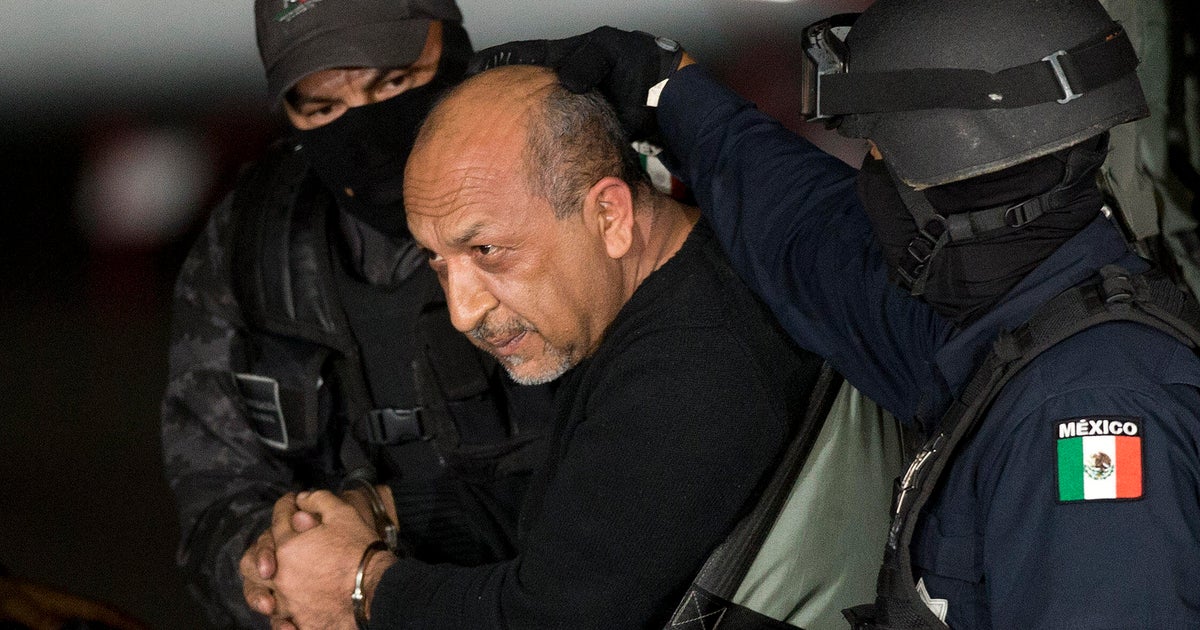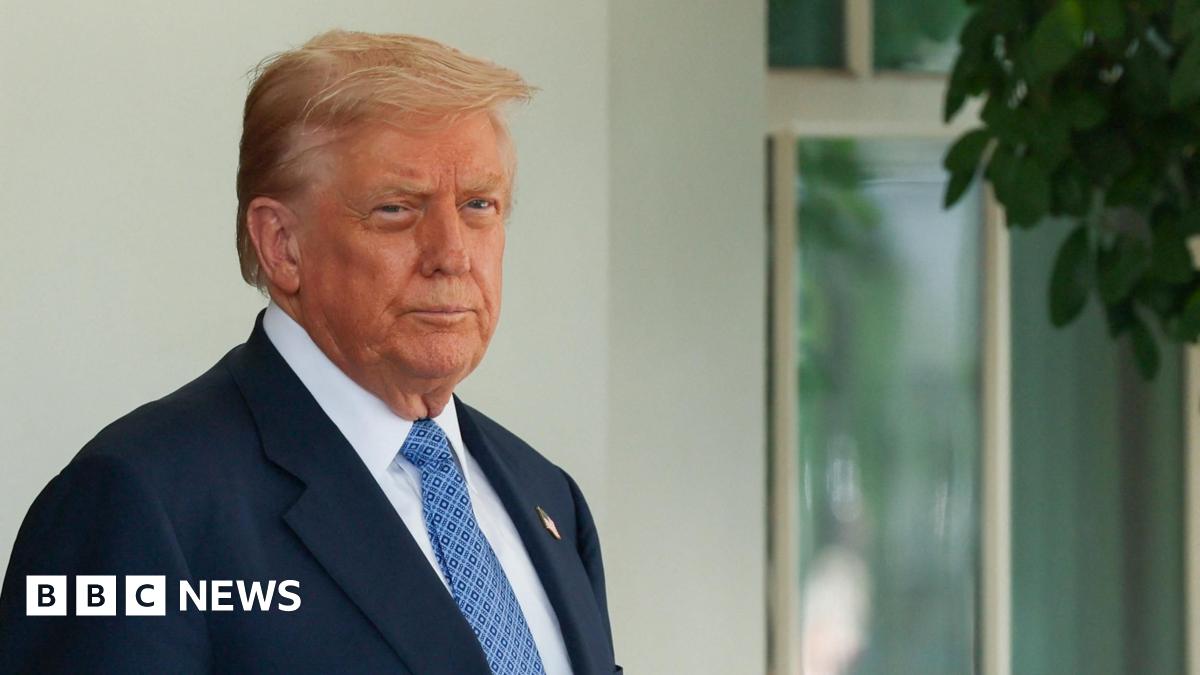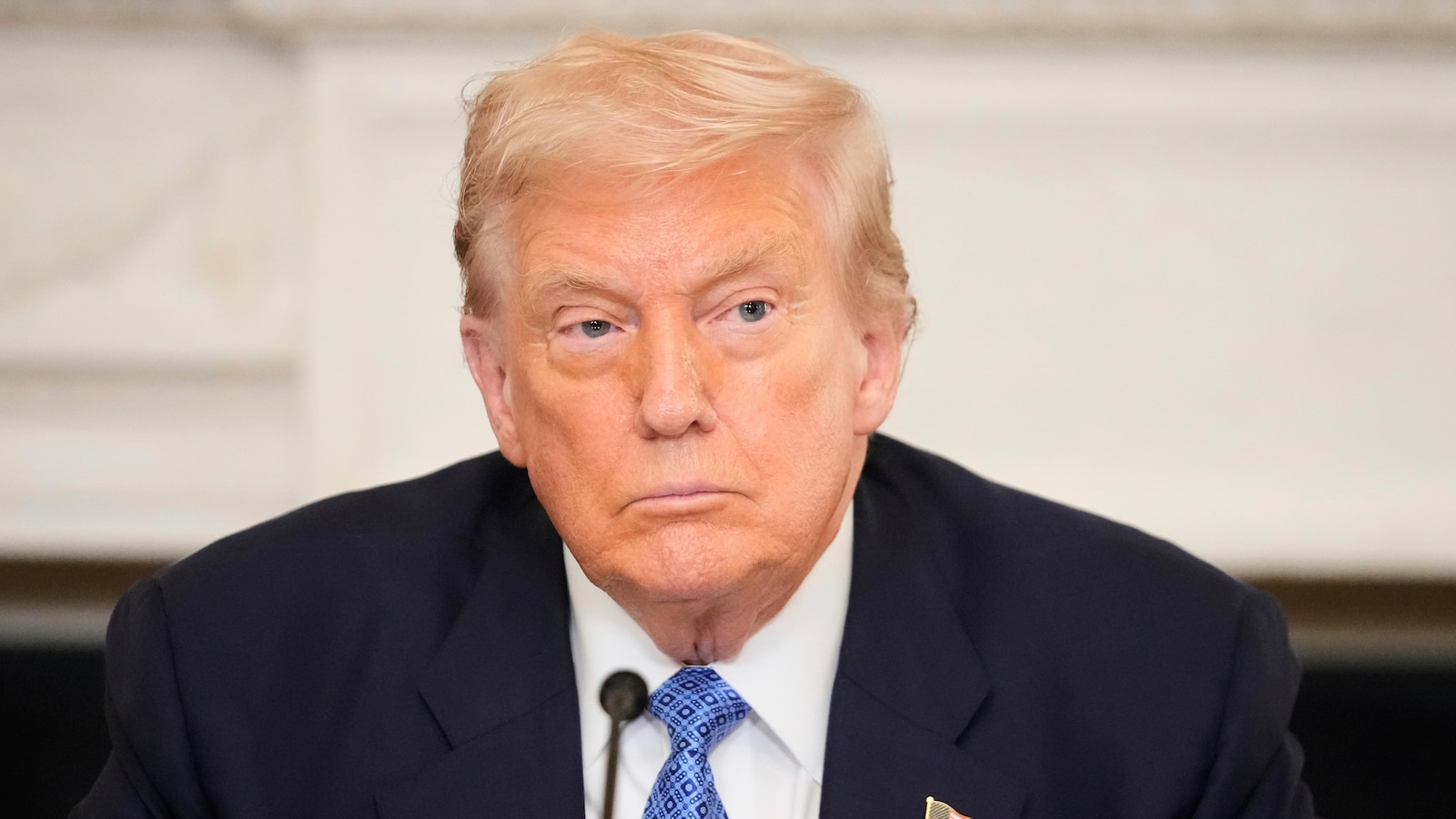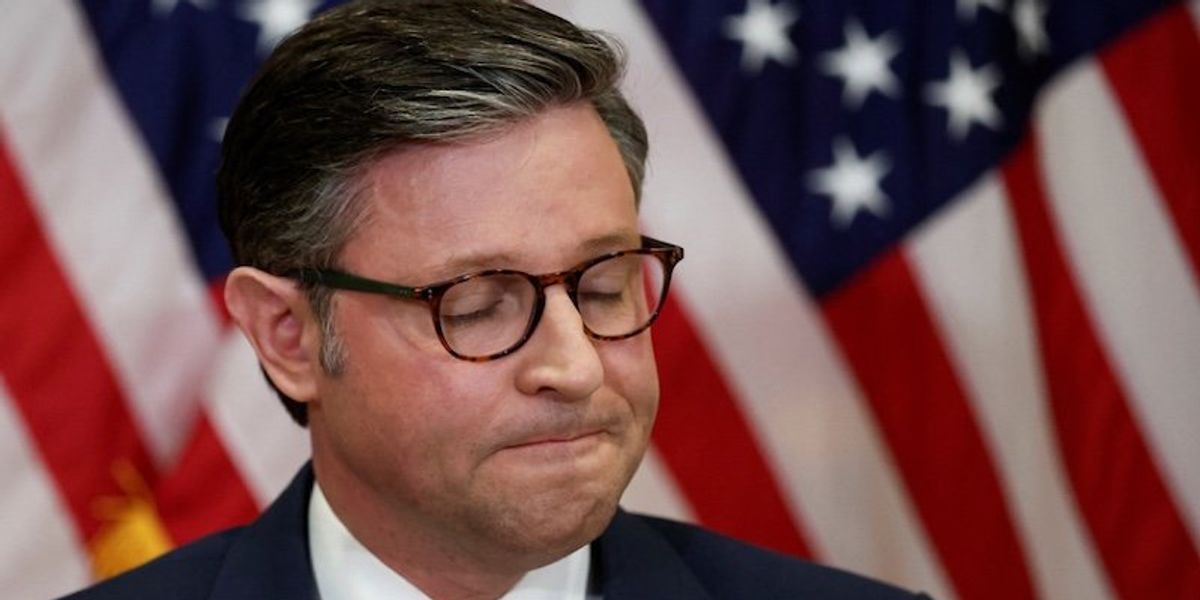Trump Administration to Review 55 Million U.S. Visas for Safety

Introduction
The Trump administration has announced its plan to carefully examine all 55 million foreigners with U.S. visas. This move comes as part of the government's efforts to ensure the safety and security of the country.
Key Details
The State Department will be conducting a thorough review of legal visa holders to identify any potential threats to public safety. This includes looking for individuals who have overstayed their visas, engaged in criminal activities, or have provided support to terrorist organizations.
This vetting process is expected to be extensive and will involve various government agencies to ensure comprehensive scrutiny. The administration has stated that this is a necessary step to protect the country from potential dangers posed by foreign individuals.
Impact
This move by the Trump administration has raised concerns and criticism from different groups. Some argue that this vetting process could lead to discrimination and profiling of certain individuals. Others question the feasibility and effectiveness of such a large-scale review.
The implications of this vetting process will be significant, not just for the 55 million foreigners with U.S. visas but also for the overall perception of the U.S. immigration system. It remains to be seen how this will impact the country's relationships with other nations and the future of the immigration process.
About the Organizations Mentioned
Trump Administration
The **Trump Administration** refers to the executive branch of the United States government under President Donald J. Trump, covering two non-consecutive periods: his first term from 2017 to 2021 and his second term beginning in 2025. As an organization, it is responsible for executing federal laws, shaping public policy, and managing national affairs during its tenure. During the **first Trump Administration (2017–2021)**, the administration pursued a wide-ranging agenda focused on immigration reform, economic nationalism, deregulation, judiciary appointments, and foreign policy shifts. Key actions included building and expanding the U.S.-Mexico border wall—completing 458 miles by January 2021—and implementing strict immigration policies such as travel bans from several predominantly Muslim countries and rescinding the DAPA amnesty program[2]. The administration withdrew the U.S. from the Trans-Pacific Partnership trade deal, renegotiated NAFTA into the USMCA, and signed the "Buy American and Hire American" executive order to prioritize American workers[1][3][5]. Judicially, Trump appointed three Supreme Court justices—Neil Gorsuch, Brett Kavanaugh, and Amy Coney Barrett—significantly influencing the federal judiciary with over 200 judicial appointments[5]. The administration also focused on military expansion, combating ISIS, addressing the opioid crisis, and responding to the COVID-19 pandemic with vaccine development support[5]. Foreign policy was marked by controversial decisions including troop withdrawals from northern Syria, reinforced support for Saudi Arabia, and tensions with Iran and North Korea[4]. The administration faced two impeachments: first in 2019 over Ukraine dealings and again in 2021 following the January Capitol riot; Trump was acquitted by the Senate both times[4][5]. After losing the 2020 election, Trump returned for a **second term starting in 2025**, continuing his policy priorities with new regulatory changes and political appointments[6][8]. The Trump Administration
State Department
The **U.S. Department of State** is the principal federal agency responsible for shaping and executing American foreign policy and diplomacy worldwide. Established in 1789 as the first executive department, it serves as the lead institution for conducting U.S. international relations, advising the President, negotiating treaties, and representing the country in global organizations such as the United Nations[2][3][6]. The department is headed by the Secretary of State, who acts as the President’s chief foreign policy advisor and top diplomat, currently Marco Rubio as of 2025[2]. The State Department's core mission is to **promote and protect U.S. interests abroad** by fostering peace and stability in critical regions, opening foreign markets to create American jobs, and addressing global challenges like climate change, terrorism, nuclear proliferation, human trafficking, and humanitarian crises[1][4]. It manages a vast network of embassies, consulates, and diplomatic missions worldwide, safeguarding American citizens overseas and facilitating international cooperation on economic, security, and environmental issues[5]. A key component closely linked to the State Department is the **U.S. Agency for International Development (USAID)**, created in 1961 to administer economic and humanitarian assistance to developing countries. USAID works to end extreme poverty, promote democracy, improve global health, food security, environmental sustainability, and humanitarian relief, aligning its programs with the State Department’s foreign policy goals[1]. With an annual budget of around $38.8 billion in fiscal year 2024, the State Department plays a critical role not only in diplomacy but also in advancing technological collaboration, international trade, and global health initiatives, making it highly relevant for business and technology sectors interested in geopolitical stability and international partnerships[3]. Notable programs include the Professional Fellows exchange, fostering cross-cultural professional development between U.S. and foreign leaders, highlighting the department’s role in building long-term global partnerships[2]. The State Department continues to adapt in an era of rapi
